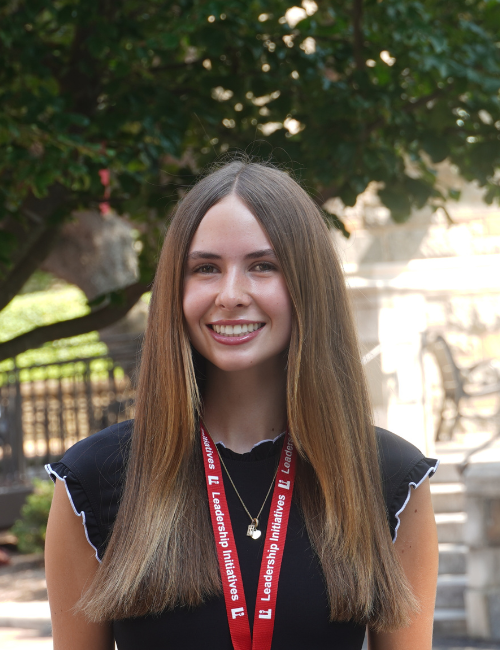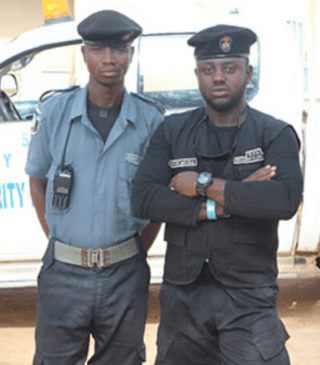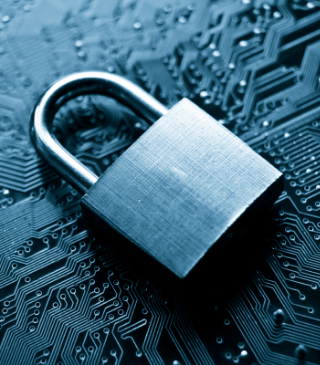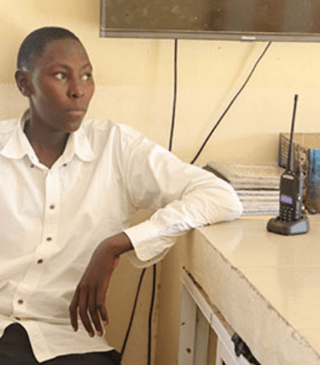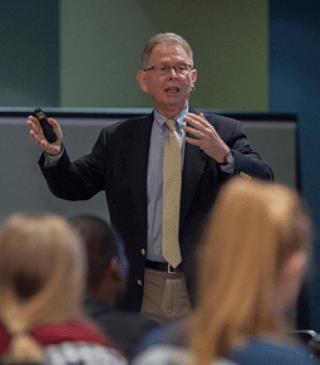Laila_Atwell
My Security & Intelligence Internship
RAMAT PolyTechnic Institute
Firm Statistics
Ramat Polytechnic Institute secures a 750,000 square meter campus through a dedicated internal team, supported by external personnel.
Security upgrades include advanced radios, metal detectors, and weather-appropriate gear to enhance response efficiency.
Key challenges include an aging security force, limited mobility, and insufficient surveillance coverage.
Perimeter vulnerabilities and inconsistent performance from external staff further weaken security.
Ongoing investment in mobility solutions, expanded surveillance, and improved team integration is essential for reliable, campus-wide protection.
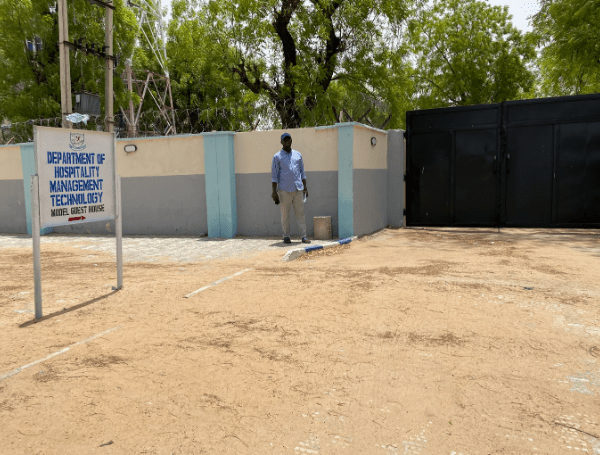
RAMAT PolyTechnic Institute
About the Firm
Ramat Polytechnic Institute has significantly strengthened campus security through experienced personnel, advanced communications, and upgraded equipment from LI. The security team’s longstanding familiarity with the 750,000 square meter campus allows for swift responses, now further enhanced by a new radio system.
Equipment upgrades, including metal detectors and weather-appropriate gear, have bolstered operations. However, challenges persist, including limited mobility, an aging workforce, and perimeter vulnerabilities.
Inconsistent performance from external security staff also affects coverage. Continued investment in mobility tools, expanded surveillance, and better coordination between internal and external teams is essential to ensure a safer, more secure campus environment.
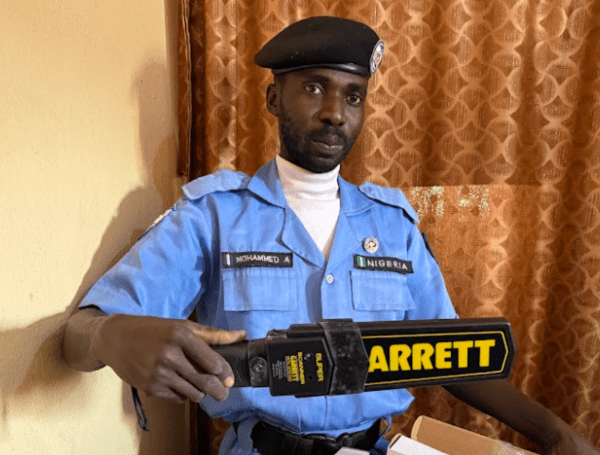
RAMAT PolyTechnic Institute
Community Impact
Ramat Polytechnic Institute’s enhanced security efforts have positively shaped campus life by fostering a safer, more connected community. Longtime security personnel bring deep familiarity with the environment, building trust and strong relationships with students, faculty, and staff.
Upgraded equipment, including metal detectors, radios, and weather-appropriate gear, ensures consistent and efficient responses across the expansive campus. With leadership support and contributions from LI, the institute has prioritized safety through strategic investments.
These improvements have strengthened the campus community by promoting collaboration, preparedness, and a shared commitment to well-being, creating a secure atmosphere where everyone feels protected and supported.
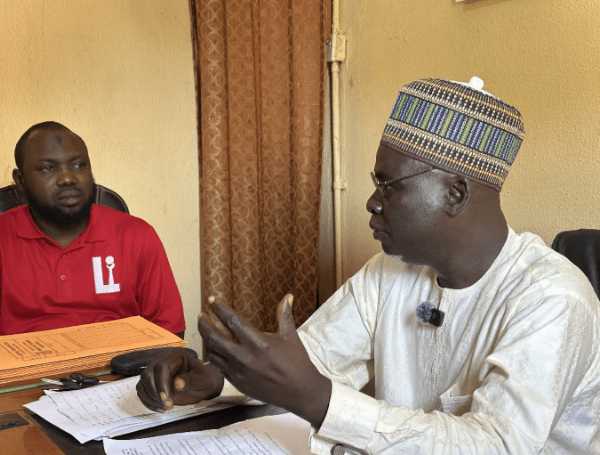
RAMAT PolyTechnic Institute
Community Involvement
Despite recent improvements, Ramat Polytechnic faces serious security vulnerabilities. The 750,000 square meter campus presents a major challenge, with limited personnel unable to maintain consistent coverage.
An aging security force, coupled with poor mobility options, slows emergency response times and patrols. Sparse CCTV coverage leaves large areas unmonitored, and damaged perimeter fencing, especially along the northern edge, exposes the campus to intrusion.
Reliance on an external firm introduces inconsistency, turnover, and discipline issues. Without strategic investments in surveillance, mobility tools, staffing, and stronger integration of external support, these gaps continue to threaten the safety and stability of the entire campus.
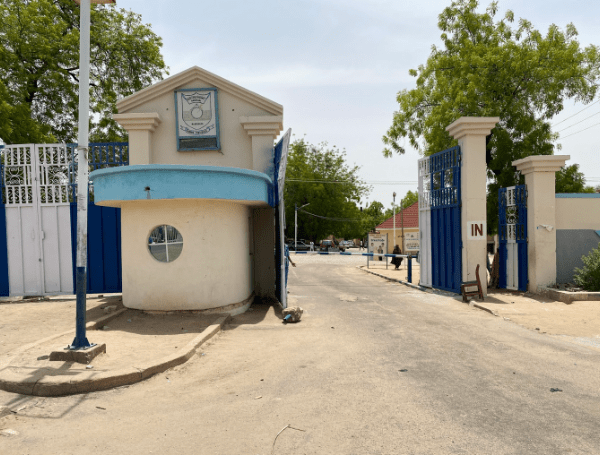
My Security Proposal Presentation
In the National Security & Diplomacy Internship, I worked directly with some of the world’s leading counterintelligence and counterterrorism experts to learn about national security and intelligence.
At the conclusion of the internship, my team presented our final proposal to a panel of judges from the Leadership Initiatives Grant Committee. This formal pitch allowed us to apply our skills in operational security, showcase our strategic plan, and advocate for meaningful change at RAMAT PolyTech.
Our team was awarded a grant that will fund the implementation of our security proposal. Over the next year, this grant will help transform the future of their university and improve the quality of life for their communities.

My Security Proposal
Throughout the program, we worked closely with the security firm at RAMAT Polytechnic Institute. These meetings provided valuable insights into critical gaps within their security system and the potential risk they pose to the community on campus.
The most pressing issue facing RAMAT Polytechnic Institute is the lack of reliable energy, which significantly undermines campus and community safety by hindering the general day-to-day operations of the university, as well as the security provided to students and staff.
To address this issue, we developed a comprehensive security proposal that included a SWOT analysis of the university’s current situation. Drawing on international security standards, I proposed purchasing solar panels and solar-powered lights to ensure the operation of the university and student safety are prioritized. to ensure a strategic and effective response. This initiative aims to increase campus safety for all students, faculty, and community members who rely on the services provided by RAMAT Polytechnic Institute.
Internship Highlights
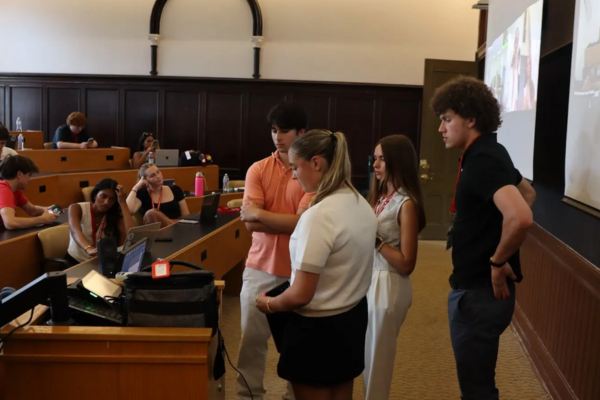
Our national security journey began with a one-on-one Zoom meeting with RAMAT PolyTechnic representatives in Nigeria and our project coordinator. This initial conversation laid the foundation for strong collaboration and helped us better understand the institutions' background, goals, and security concerns.
Hearing directly from the representatives gave us the insight we needed to begin brainstorming practical, tailored strategies. Each morning, our team held focused discussions to refine our ideas, reflect on expert advice from the day before, and adjust our timeline to move our plans forward effectively.
Throughout the process, on-staff project coordinators and national security experts guided us, helping us ask the right questions and turn our ideas into meaningful, actionable solutions for the institutions we worked with.
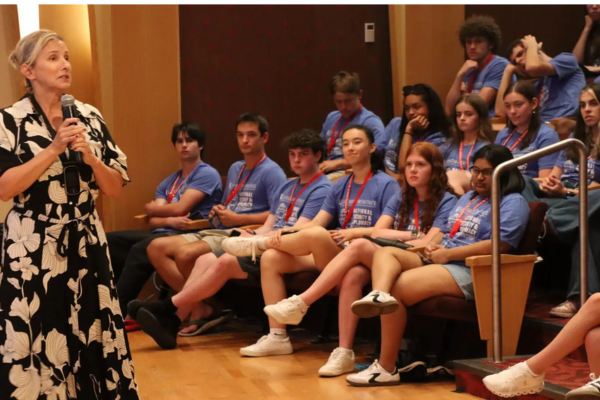
Throughout the course of the week, we met with various experts in national security and intelligence, including Gina Bennett, Rohin Sharma, Ellie Constantine, Bill Stefan, and Chris Fox.
Our mentors offered us insights on our projects every step of the way. We gained valuable knowledge in various areas in intelligence and counterintelligence, which in turn helped us prepare the best security protocols possible.
Besides consultation, we had the opportunity to learn about each mentor’s contribution to the safety of the nation and the field of national security itself. We asked them about the basics of the field, its future, and everything in between.
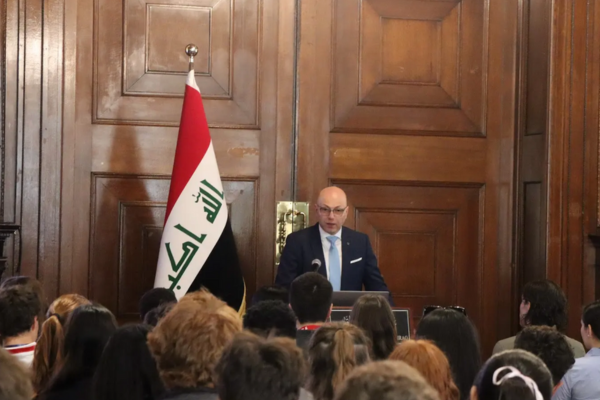
Throughout the internship, we met with distinguished guest speakers who introduced us to the many dimensions of diplomacy and foreign relations. Experts briefed us on U.S. engagement with ASEAN nations, U.S. relations with South America, and U.S. participation in multinational organizations, giving us a comprehensive view of how American diplomacy operates across different regions and institutions.
A highlight of the program was our visit to the Embassy of the Republic of Iraq, where we received a formal briefing from diplomatic representatives. This experience allowed us to see firsthand how embassies function as hubs of communication, negotiation, and cultural exchange.
Through these briefings and discussions, we developed a deeper understanding of the complexities of U.S. foreign policy, the importance of regional partnerships, and the vital role of diplomacy in maintaining international stability and cooperation.
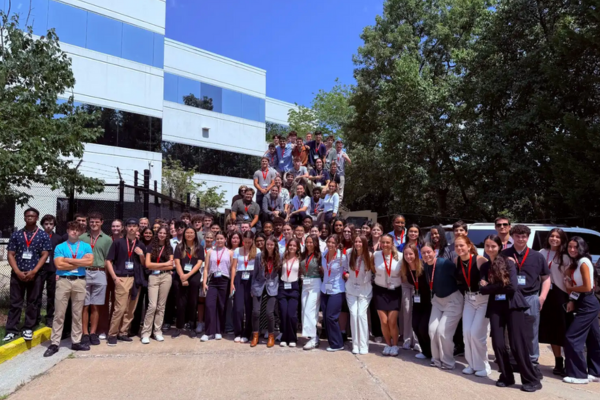
We visited the Department of Homeland Security’s Reston Field Office. On this visit, we learned about ongoing tactical operations from Homeland Security and the way they are used to identify human trafficking, drug smuggling, and various other crimes.
We also took a tour of the Homeland Security Investigations Technical Operations Center, which specializes in equipping government officials with cutting-edge electronic surveillance tools as well as enhancing national security operations. We toured an armored vehicle with special surveillance equipment, tested out thermal imaging goggles used in the field, and more!
Last but not least, we toured the Embassy of Iraq. At this visit, we received cultural, diplomatic, and military briefings from Embassy officials to understand the relationship between the United States and Iraq.


